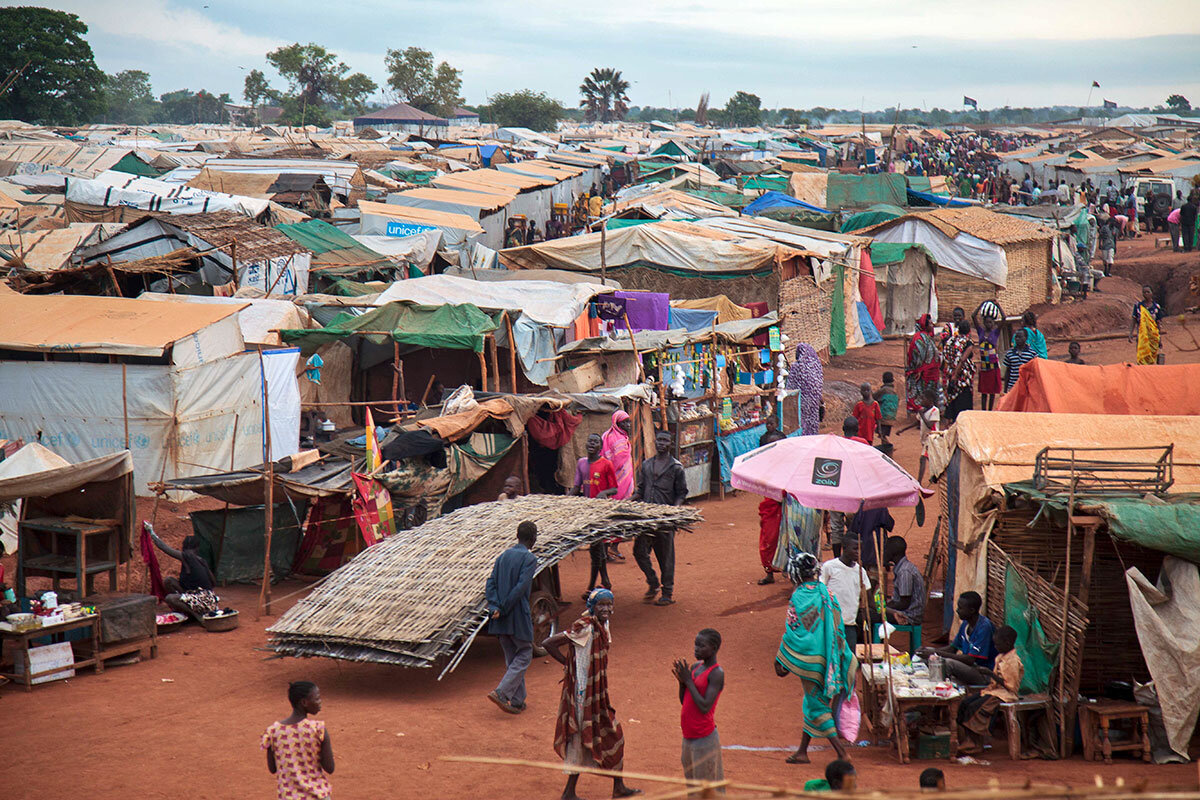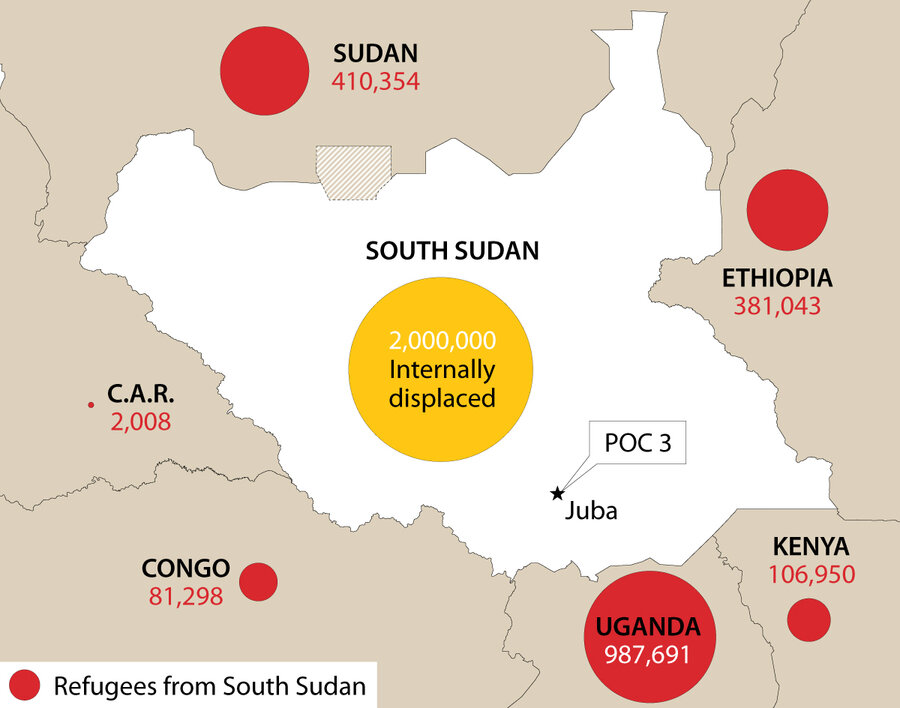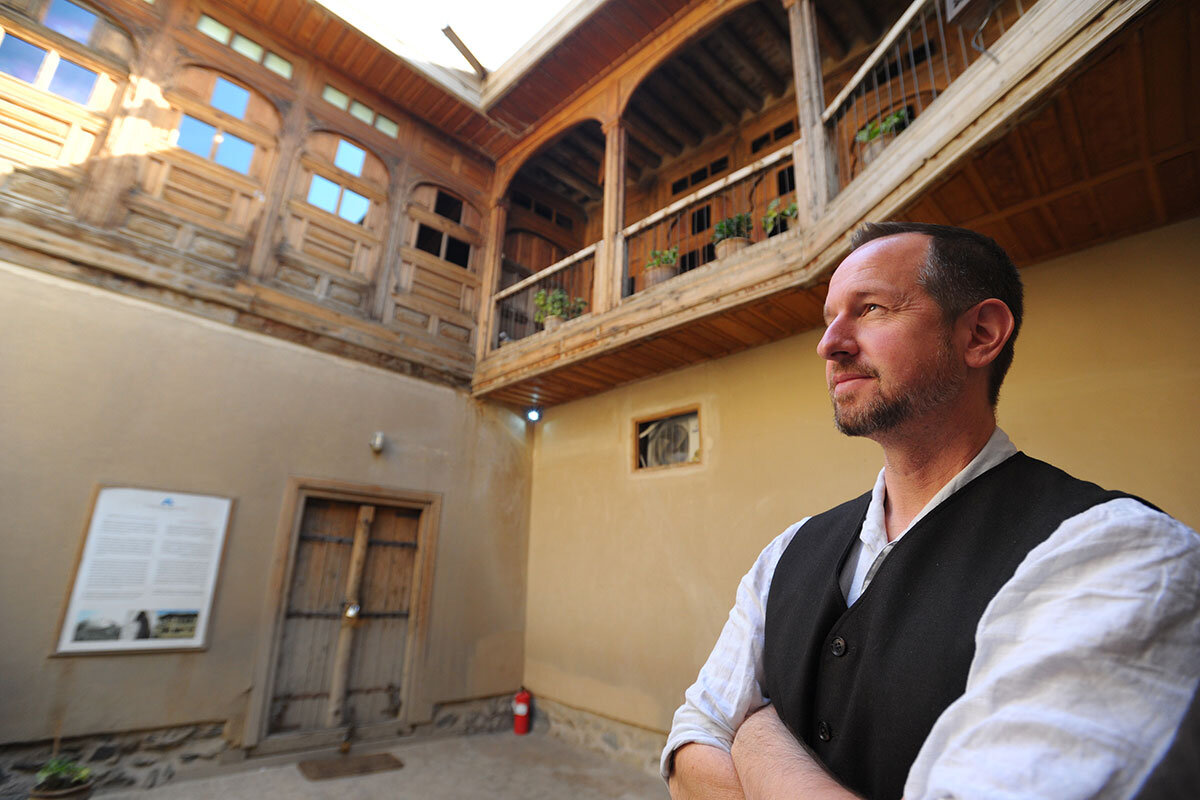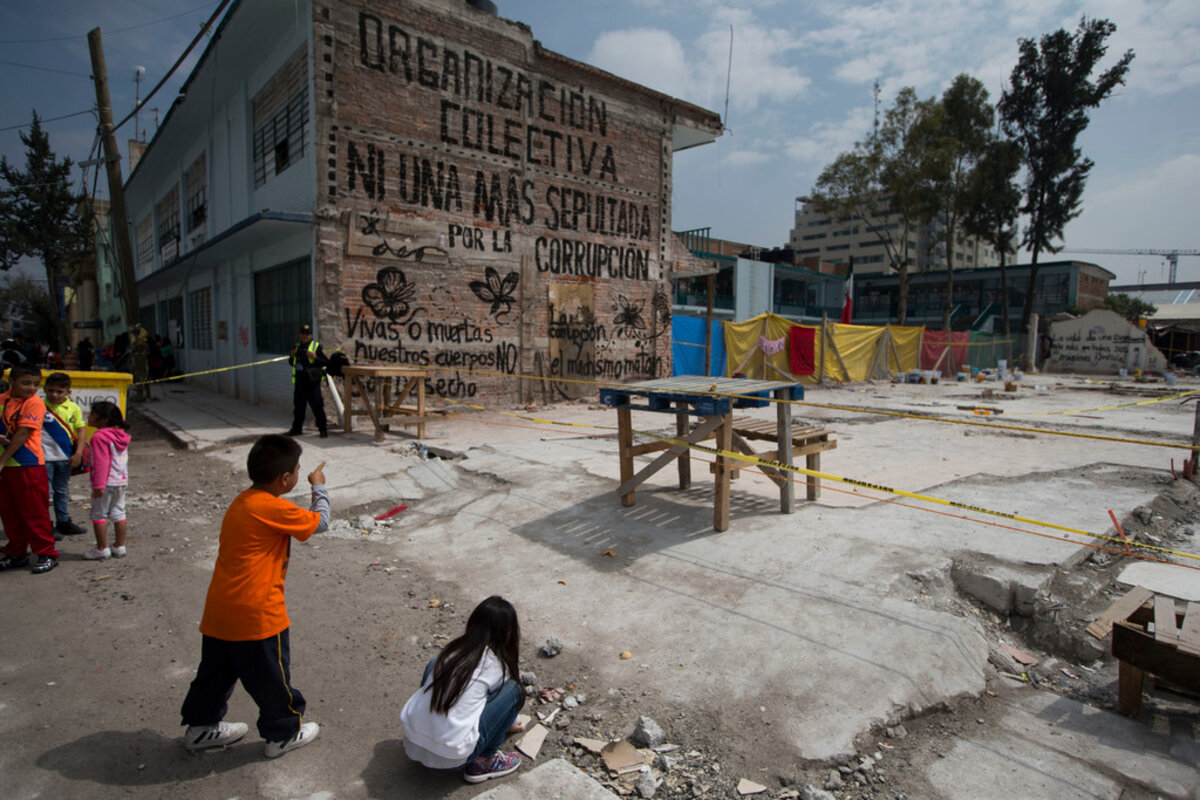While you wouldn't know it from listening to the populist wing, many Trump supporters say they have no problem with the president making a deal on immigration. These voters say they follow the man, not a particular ideology.
Monitor Daily Podcast
- Follow us:
- Apple Podcasts
- Spotify
- RSS Feed
- Download
 Yvonne Zipp
Yvonne Zipp
Why didn’t they tell anyone?
The question is almost reflexive after any revelation of sexual harassment or assault – and it arrived right on cue during mounting allegations against former Miramax head Harvey Weinstein by actors including Gwyneth Paltrow, Ashley Judd, and Angelina Jolie and multiple Miramax employees.
Well, many of them did. Model Ambra Battilana Gutierrez went to police and wore a wire in 2015. The disturbing audio was released by The New Yorker. No charges were filed. Eight women reportedly received settlements. Ms. Paltrow told her then-boyfriend, Brad Pitt, who confronted Mr. Weinstein.
A spokeswoman has issued a blanket denial, saying, “Any allegations of non-consensual sex are unequivocally denied by Mr. Weinstein.”
The Italian director and actor Asia Argento, who says Weinstein sexually assaulted her in 1997, wrote a scene in her 2000 movie, “Scarlet Diva,” that observers say mirrors her allegations. She notes one heartbreaking difference: “In the movie I wrote,” she told The New Yorker, “I ran away.”
Ms. Argento’s decision, both to come forward and to use art as a vehicle to exorcise pain, has parallels with that of Artemisia Gentileschi, a 17th-century painter. After she was raped by a fellow artist, she confronted him in court – where she was tortured to ensure she was telling the truth. She since has become an icon for both her courage and her paintings of strong women, such as “Judith Slaying Holofernes.”
Whether a minimum-wage worker or an Oscar winner, people deserve the right to earn a living in peace. Those who have been sexually harassed or assaulted are neither weak nor complicit. And they have nothing to be ashamed of.
Now, for our five stories that show resiliency, perseverance, and artistic expression.











